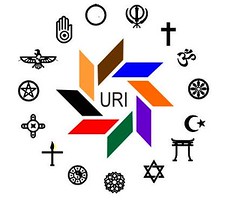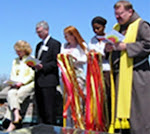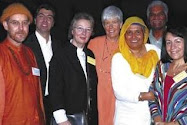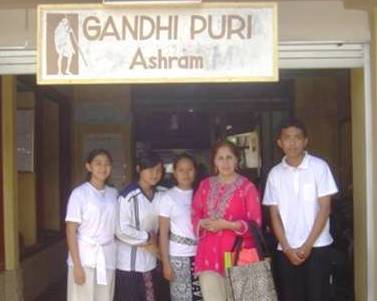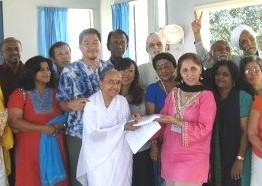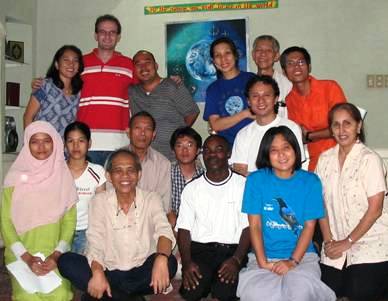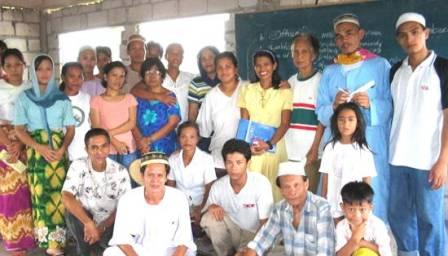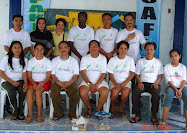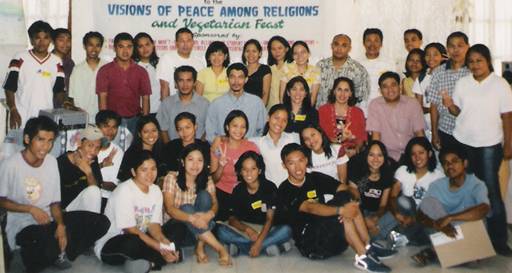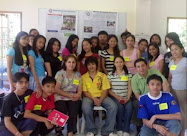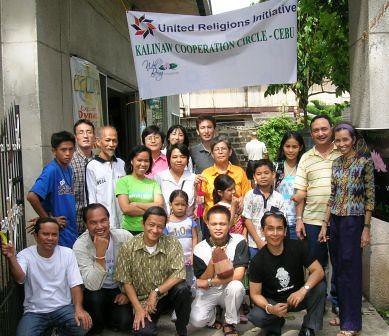 by Mr. Michael Lim, Unitarian Universalist from Malaysia
by Mr. Michael Lim, Unitarian Universalist from MalaysiaFive hundred years later, in a very different part of the world, in what is today called Palestine and Israel, another master, whom we know by the name of Jesus, was born. Jesus unlike Siddharta, was not a prince but the son of a poor carpenter. He did not live in a palace and probably lived a simple life of poverty. We do not know too much about his youth except that he was also a wanderer and at about the age of thirty, he went into the desert to meditate for a long period. When he emerged, he experienced enlightenment, and like Siddharta went about preaching his message of love, compassion, justice and understanding.
How is it that two very different people, living 500 years apart and going through vastly different experiences and history; one the son of a king, the other a son of a carpenter, ended up walking the same spiritual journey and preaching the same spiritual truths? No doubt there are differences between the two; but I think they have more in common than most of us think.
The famous Vietnamese Buddhist monk,Thich Nhat Hanh, said that he was asked the question, “ If Jesus and the Buddha met today, what do you think they would tell each other?” He answered, not only have they met today, they met yesterday, last night and also will meet tomorrow. The spirit of Jesus and the Buddha is in all of us – the spirit of love and compassion. It is up to us to be in touch with it; to make it alive; to share it with others. There is no conflict between the Buddha and Jesus. They are real brothers. A Christian is a child of Jesus, a continuation of the spirit of Jesus. A Buddhist is a child of the Buddha, a continuation of the spirit of the Buddha. Just as you are a child of your father and mother who are the children of your grandfathers and mothers. How do you keep alive the memory of your parents? By living and practicing the values they taught you.
When my mother passed away in July 2005, my son, Michael had this to say: “Some people leave behind large fortunes when they pass away, but this money is of little consequence in the long run. Far more important is how they have lived their lives and the lessons they taught those around them….Although we say good by to her for a final time today, I know that she will always be with us, in our thoughts and memories, as well as who we are and how we choose to live.”
So it is true to say that when a Buddhist meets a Christian, the Buddha is meeting Jesus. What do they ask or tell each other? Who are you? What are you here for?
If I ask you these questions, what are your answers?
For most people they will say I am John (my name), or I am a teacher (occupation), I am a Filipino (nationality), I am a mother (familial role), I am a Christian (religion) etc.
One day someone asked me whether I am a Catholic, Protestant or a Buddhist? I answered that I am a bit of each and all of the above. She was quite shocked and I did not have time to explain to her.
I consider myself, first and foremost, a human being, a child of God, a citizen of the world. I seek the commonalities that bind us together as human beings, while appreciating and enjoying the differences between us. If there were no differences, life would be boring. However, it is through this bond of commonness and understanding that we build a better and more loving world; a heaven on earth, rather than a heaven after life. Heaven is not the absence of suffering; it is where love and compassion exist.
Let each of us seek that spirit that Siddharta and Jesus taught us, to live it in our lives, to meet each other daily as Jesus met the Buddha in the past, present and future.
Mr. Lim has formerly worked in the Philippines as an executive in an international bank . During his stay in the country he has contributed to the Peacemakers' Circle programs, and was instrumental in the formation of the Unitarian Universalist Community in Manila.
